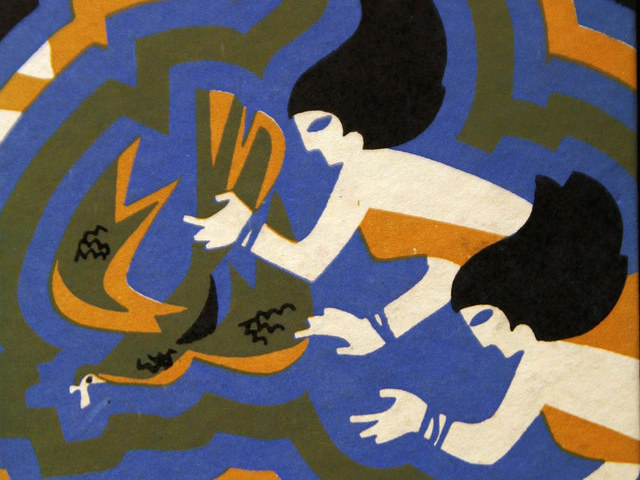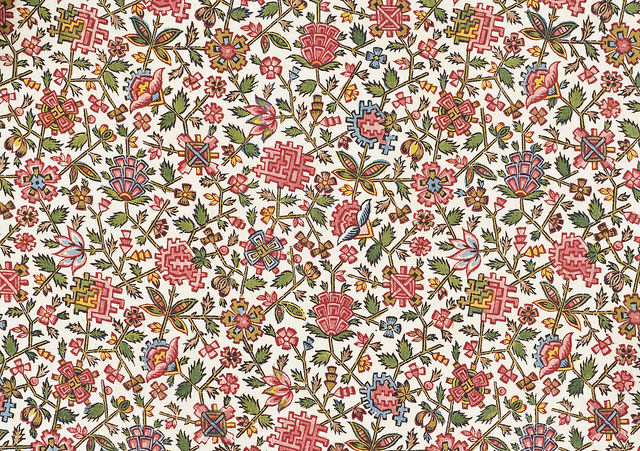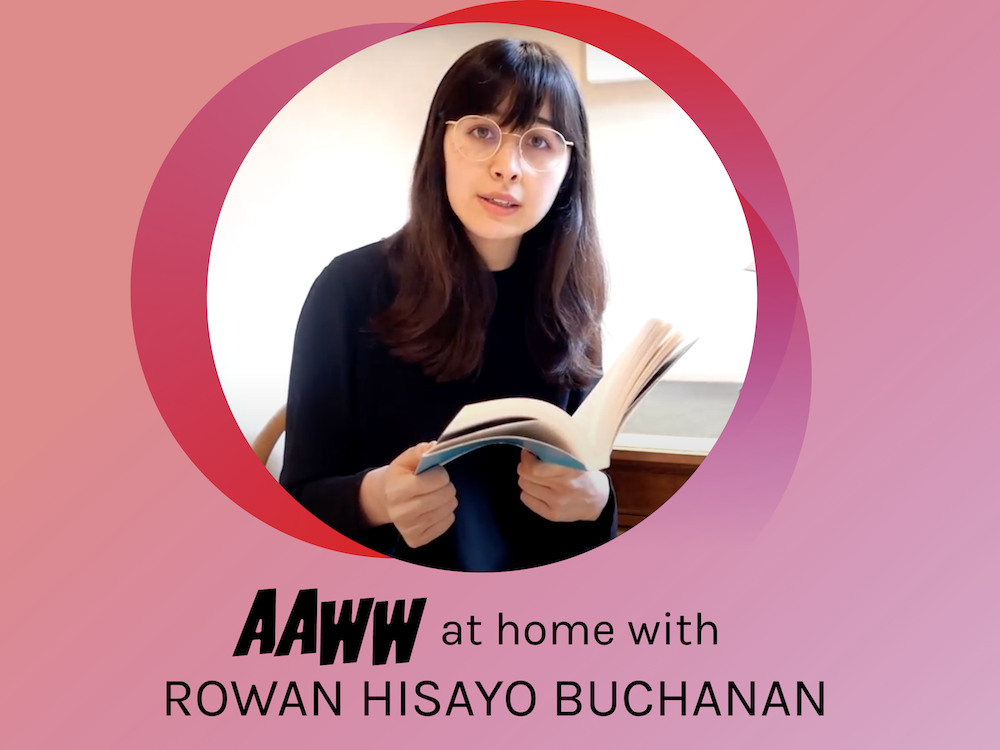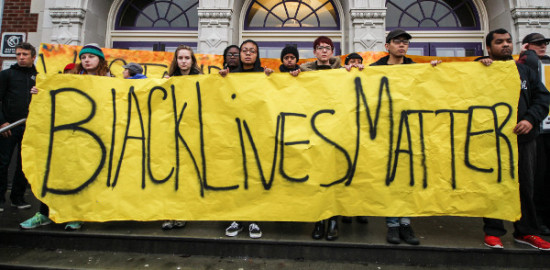Representing friendship between women of color, making your mom’s stir-fried tomato and eggs recipe, finding strength in the face of relentless fear, and more.

February 8, 2017
This week we have writers of color sharing work about disability, queerness, nostalgia, childhood recipes and finding strength in the face of unrelenting fear. And, as always, some useful, actionable anti-Trump links for you.
A Dyslexic’s Guide to Infinity by Rowan Hisayo Buchanan
Former Margins fellow Rowan Hisayo Buchanan writes about the difficulties of being a dyslexic novelist. You can read more of her fiction on the Margins, including her short story “Then I was Blue” and her comic “Flowers of Yarn.”
Twitter, Facebook, and email mean that we’re talking less and writing more. We make fun of the person whose Facebook messages are always misspelled. We assume the colleague who swapped your for you’re didn’t care about the content of their message. We snap photos of the grocery sign for ice cold bear. There are dyslexic engineers, graphic designers, waitresses, and grocery store workers. We forget about adult dyslexics, but we are here, constantly tracing our infinities, hoping to get it just right.
‘Brown Girls’ Web Series Writer: “We Don’t Need Permission to Tell Our Stories” by Saleah Blancaflor
Friend of AAWW Fatimah Asghar is the co-creator of a new online series, Brown Girls, about the friendship between two young women of color living in Chicago. Read this interview with Asghar about the making of the show and the importance of telling the stories of women of color. You can read two poems by Asghar in the Margins.
I don’t think I’ve ever seen a friendship so deep between women of color of different racial backgrounds reflected on television. I think women of color from different racial backgrounds are usually at odds with each other on television—they’re usually there to tear each other a part or for some weird ass comparison. I’m tired of seeing that. I wanted to see a show that reflects the relationships in my life that are most important to me.
The Stir-Fried Tomato and Eggs My Chinese Mother Made by Francis Lam
In the New York Times Magazine, Francis Lam reflects on his search for his mother’s recipe for stir-friend tomato and eggs, and how his love of cooking is deeply connected to his relationship with his immigrant parents and Chinese identity.
So I went online and found recipe after recipe, with an eye toward cobbling together my own. I read dozens of blog posts, mostly relating the same story over and over again — a story of nostalgia, of Mom’s cooking, of home. I read the comments, also telling the same: Thank you, thank you, I’ve missed this dish, thank you, thank you. And after all this reading, I started to realize what I was really seeing: people, just like me, missing a knowledge that they felt should be in their bones, coming to someone else’s recipes to connect them to where they came from while being rooted in where they are.
The QTPOC issue of Crab Fat Magazine
The newest issue of independent literary magazine Crab Fat is out now, featuring poetry and fiction by queer and trans writers of color, including a short story by writer Erika Gisela Abad Merced:
So, when my brother lays over in Chicago, wanting tastes and sounds the south can never give, I’ll wash the sweatshirt, place it in a plastic bag, wrap it around the pizza puff, the Puerto Rican pastel, so he can keep what’s his. So I can cherish what’s mine.
Until then, or until the garden beckons, I’ll keep it, over my hands, being sure not to stain the heart.
The Burden of Fear by Adnan Khan
In Hazlitt, writer Adnan Khan reflects on the Islamophobia he’s dealt with all his life, from the 1992 Bombay Riots to the recent shooting at a mosque in Quebec.
Strength in the face of this kind of relentless fear is its own terror. It’s hard to be vulnerable when you are a target; it is hard to show weakness when it is consistently being exploited. This means it’s impossible to be human. I want to pretend to feel safe, even if that means disregarding a type of softness that allows for humanity.
Katie Kitamura on Ambition, Morality and Writing Ugly by Bethanne Patrick
Katie Kitamura’s newest novel, A Separation, referred to as “the literary Gone Girl of 2017″ by the Millions, was published this week. Read her interview in Lithub, where she talks about her inspirations for the book. You can read another interview with Kitamura on the Margins, where she discusses her last novel, Gone to the Forest.
For A Separation, I initially wrote an entire draft in third person, then put it in a drawer for two years. I’ve never looked at that draft again. An imagination that you can’t control, a surfeit of emotion that you can’t address, leads to being uncertain, to meandering digressive endless speculation and long sentences. That’s important; a book about looking and searching has to be reflected in its prose.
Anti-Trump Resources
The Immigration History Research Center at the University of Minnesota has put together a full semester long #ImmigrationSyllabus with archival documents, educational videos, book recommendations and many other useful resources for students and anyone else interested in learning about immigration and citizenship in America.
This newsletter answers a question most of us have been asking ourselves at the end of every day since the inauguration.
Go to SwingLeft to find the closest Swing District near you and get ready for the 2018 election. Flippable also has information on how to get involved with flipping the House and Senate.
Looking for political action you can take part in? Check out actionnow, Maud Newton’s blog, and wall-of-us.



